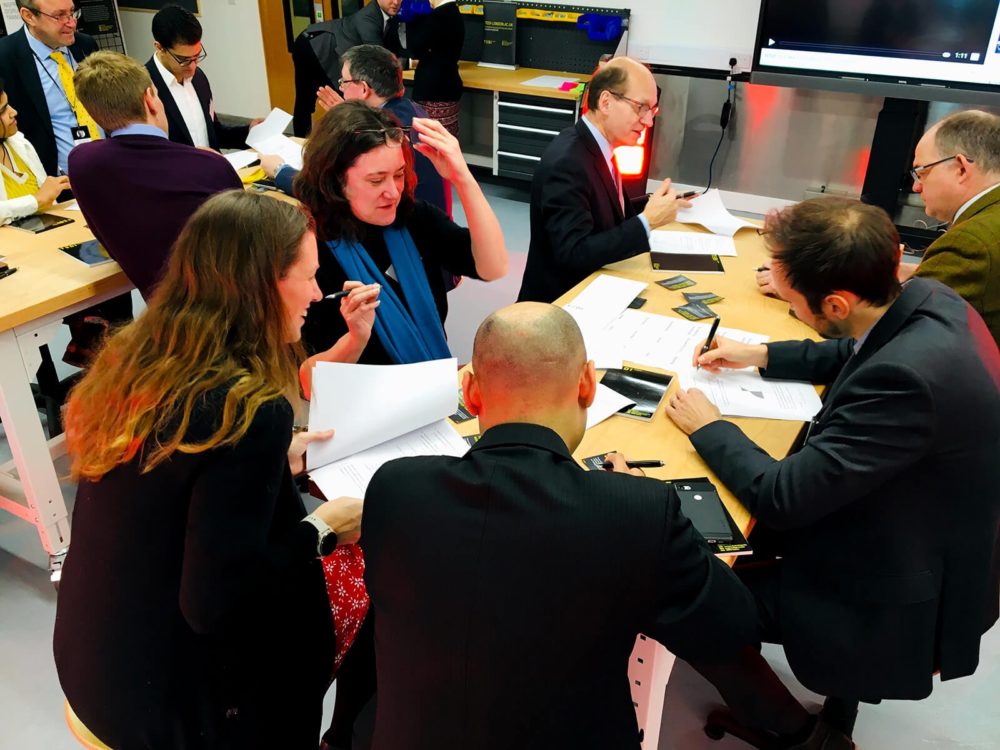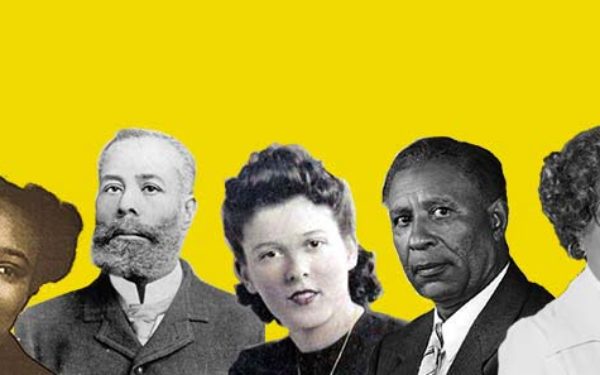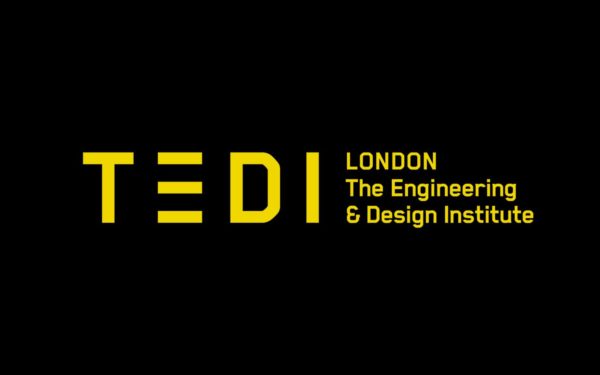
Designing the curriculum for a future engineer

Collectively, we are great at saying what skills a future engineering graduate will need to succeed, but not so great at identifying what should be in the curriculum to develop those skills.
So, we put our ideas to the test. Our first industry curriculum design taskforce workshop on 18th February gave us an opportunity to collect feedback on our new approach to engineering education.
I was pleased and motivated by the range of people represented at the event. We had representatives from large public and private sector organisations, SMEs, career changers, educators, professional bodies, academics – all bringing unique and valid perspectives to the table.
What did we learn from this event?
Firstly, I was energised by their support for TEDI-London’s vision to transform engineering education to transform lives – both for the students that study with us and for the societies benefited by the solutions they design and make.
Secondly, I was reassured that what TEDI-London is trying to achieve is much needed and the right thing to do. The engineering industry is asking for innovative, socially engaged engineers who come from more diverse backgrounds. To achieve this, we will need to continue working closely with a range of stakeholders on the journey.
However complex and ambitious it sounds; we need to be bold and push boundaries if we are to make this work. We do recognise that in successfully developing and delivering fully flexible and student-led global design engineering bachelors and integrated masters degrees, we are challenging the status quo.

Thirdly, I was encouraged to see that the online learning matrix, affectionately known here as the ‘Learning Tree’, largely aligns to the needs of industry. Many of the suggestions for topics guests wanted us to include were already on our list, and the tree continues to grow. Skills identified for future engineering graduates are not just engineering and technical skills, and our branches on professional skills and business skills address those.
What will these new branches on the learning tree mean for traditional engineering education? We can’t keep adding more into a curriculum, especially to an engineering curriculum that is already intense….
That leaves the question as to whether there is content, in current traditional engineering curricula, that can be taken out to make time and space for all these additional skills. To help identify and develop curricula for future skills it is important for industry to continue to be part of this discussion.
Learn more about the Learning Tree as part of the TEDI-London curriculum and register your interest in a future event
Dr Alli Jones is Academic and Curriculum Consultant at TEDI-London.
More News articles


Celebrating black engineers throughout history
